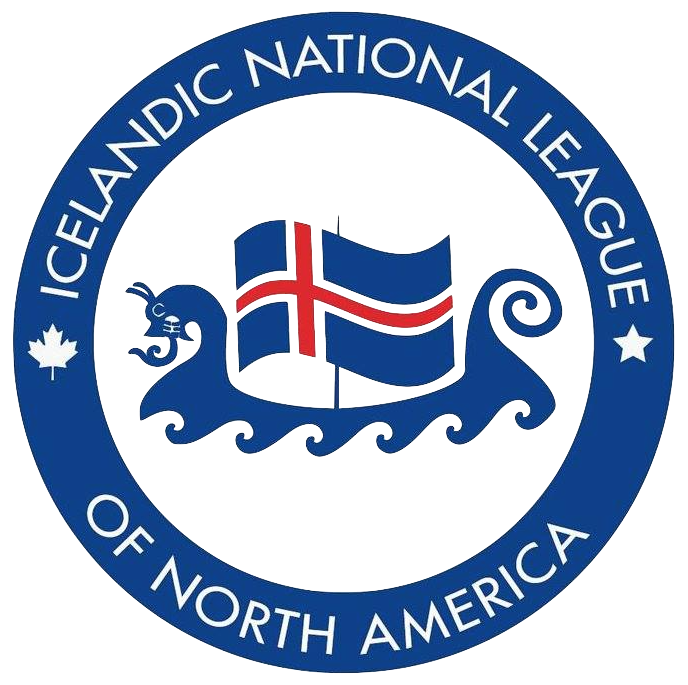GENEALOGY
Iceland is known for its unique approach to genealogy, with a long tradition of tracing family histories and preserving records that date back centuries. This tradition is rooted in Iceland's small population and relative isolation, which has allowed for a high degree of genetic homogeneity and a strong sense of community.
One of the most fascinating aspects of genealogy in Iceland is the country's extensive use of family names based on a patronymic system. In this system, a person's last name is derived from their father's first name, with the suffix "-son" added for males and "-dóttir" added for females. For example, a man named Jón with a father named Ólafur would be called Jón Ólafsson, while a woman named Sigriður with a father named Pétur would be called Sigriður Pétursdóttir.
This system has several benefits, including the ability to easily trace family histories and a sense of shared identity within families and communities. In fact, many Icelanders can trace their family histories back several centuries thanks to extensive records kept by the National Registry of Iceland.
Another unique aspect of genealogy in Iceland is the country's use of a database called Íslendingabók (The Book of Icelanders), which contains genealogical data on nearly the entire population of Iceland dating back to the country's settlement in the 9th century. This database is accessible to Icelandic citizens, and many Icelanders use it to research their family histories and connect with distant relatives.
A genealogy database for all people, but especially North Americans, is the Icelandic Roots Database. This organization is an all-volunteer, nonprofit, charitable community connecting people of Icelandic descent worldwide through projects like the Cousins Across the Ocean project, interactive maps, detailed emigration information, ancestral farms, Sagas, and personalized services. Scholarships and Heritage Grants are available. Free Public, Samkoma Community, and All-Access memberships are available at www.IcelandicRoots.com
Iceland's approach to genealogy has also had significant scientific implications, with researchers using the country's unique genetic makeup to study the origins and spread of human populations. In fact, Iceland has been at the forefront of genetic research for decades, with several major studies focusing on the country's population.
Overall, genealogy is an important part of Icelandic culture and identity, providing a sense of connection to the country's rich history and a way to preserve and celebrate family traditions.

